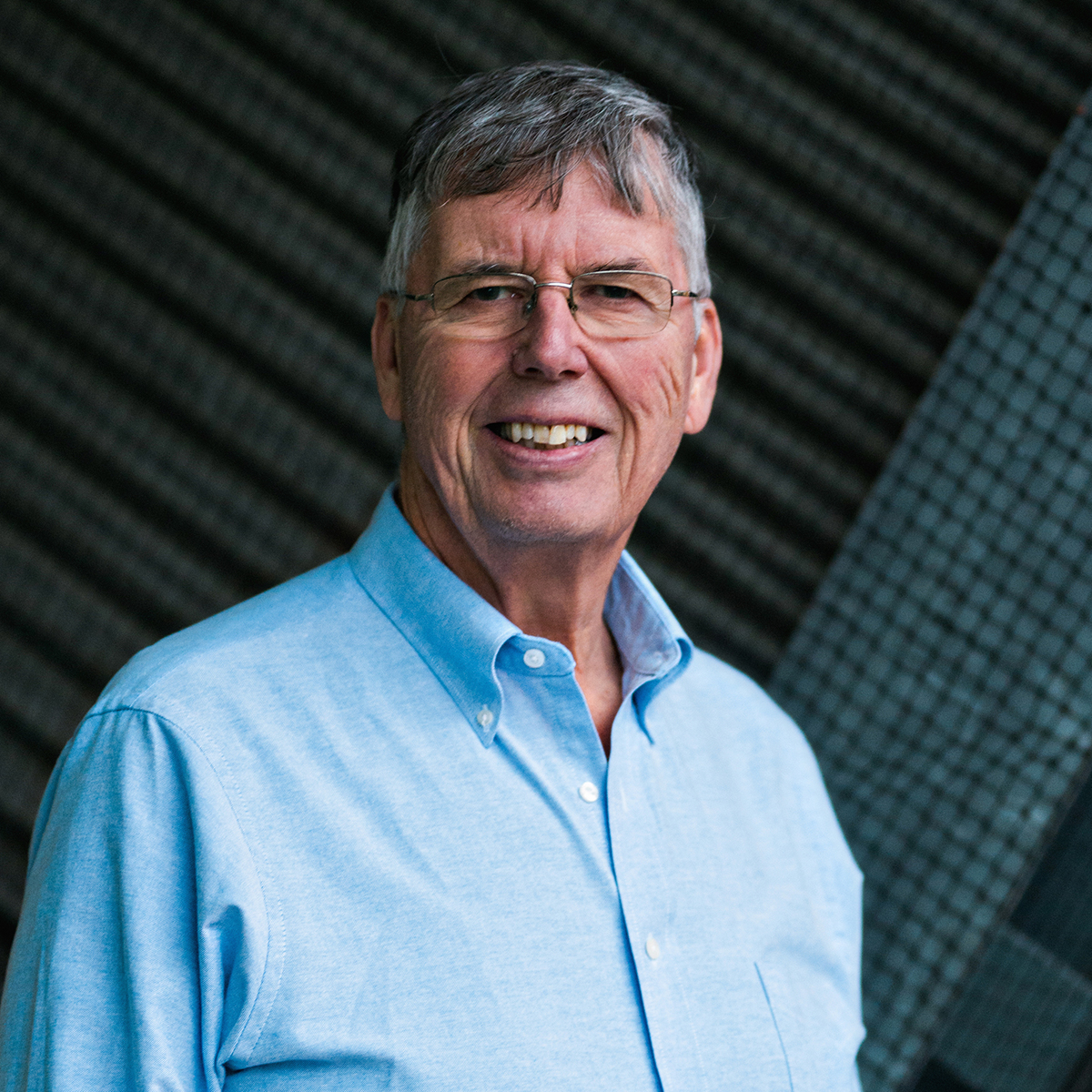Q&A: Turing Award-Winner Michael Stonebraker

Photo provided
Michael Stonebraker, a researcher and adjunct professor of computer science and engineering at MIT, was recognized last month by the Association for Computing Machinery for his lifetime of work in database management. He won the coveted Turing Award, also known as the “Nobel Prize of Computing,” which comes with—get this—a million bucks funded by Google.
Here, we catch up with Stonebraker to find out what “big data” really means, where that prize money’s going, and why Boston beats the Silicon Valley as the place to be for computer science.
Can you explain “big data” in layman’s terms?
Everywhere you look, people are drowning in data. You may have too much data to deal with, which means you have a volume problem. Or it’s coming at you too fast, and you have a velocity problem. Or it’s coming at you from too many places, and you have a variety problem. Collectively this whole area is called “big data.”
What do you do with all of this data?
I’ve been working on “big data” for 40 years—long before some marketing guy put a name to it. I build database software that’s very good at managing lots of data and allowing you to update it without losing it, to query it, and keep track of it. Since 2000 there’s been an explosion of new ideas addressing various vertical markets and situations.
I’m currently working from the Stata Center at MIT—I’m sure you’ve walked by it by now, it’s the weird Frank Gehry building. I’m one of the 100 or so principal investigators whose job it is to push the envelope in our various areas of expertise, so I’m pushing the envelope in database management. Part of that is keeping up with what researchers are thinking, keeping up with what companies are thinking, and building new stuff here in Stata.
How did you find out that you had won the Turing Award?
The chairman of the committee [who decides the winner] said she was flying in from Washington and asked if she could see me. I figured something had to be up. She came to my office and told me in person, and then swore me to secrecy for two and a half weeks.
That had to be tough, how were you feeling at that point?
Really yucky. This is every computer scientist’s dream. This is the Nobel Prize of computer science and I was thrilled and really excited, but then I couldn’t say anything. It was kind of a big letdown until the day before the public announcement, and then I got excited again.
How did you celebrate after the news broke?
CSAIL [MIT’s Computer Science and Artificial Intelligence Laboratory] threw me a little party that afternoon, and then I took six of my close friends out to dinner that night.
The award comes with quite a large chunk of cash. Do you have any big plans for the prize money?
Well, I play the bluegrass five-string banjo, so I think I will buy a very nice banjo. After that I haven’t given it any thought.
Looking forward, how do you think Boston fits into the future of computer science?
One of the things that the award citation calls out is that I’m also an entrepreneur on the side. Since we moved here in 1999, I’ve started six venture-capital-backed startups in the Boston area, three of which I’m currently involved in. From my point of view, there’s plenty of talent in the Boston area. To do startups, you need executives who have startup experience, and you need very good programmers, and I have no trouble recruiting those kinds of folks.
Where were you before Boston?
I came to Boston from Silicon Valley—I was on the faculty at University of California Berkeley and I’m delighted to be here and not in Silicon Valley. Number one, the traffic in the Bay Area is awful, much, much worse than here. Secondly, the West Coast has such a deluge of venture capitalism right now. It’s just very, very difficult to hire talent because hardly anyone can afford to move there. The supply and demand equation for technical talent is way out of whack, so I’m delighted to be here. In computer science, the Boston-area tech scene is maybe a quarter of the size of Silicon Valley’s, but it is way above critical mass, and the quality of life here is very, very high.


